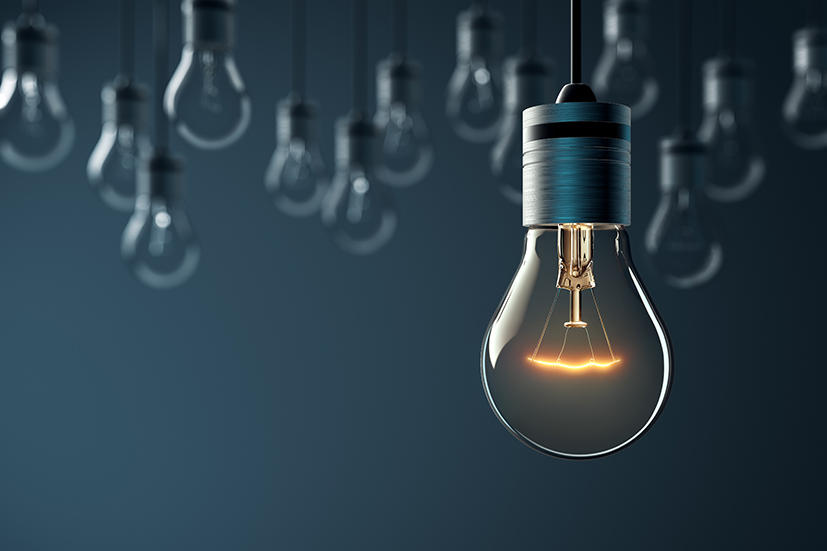REGISTER FOR NEWSLETTER
REGISTER FOR NEWSLETTER

December 12th, 2018
A Nobel Prize should be awarded to those who discover the key to healthy artificial lighting.

December 5th, 2018
The inappropriate or excessive use of outdoor artificial nighttime light, referred to as light pollution, has emerged as a novel environmental issue linked to human health.

November 21st, 2018
Artificial lighting at night (ALAN) alters natural patterns of light and darkness by introducing light that varies in intensity and spectral composition during typically dark periods (Gaston et al. 2013). Use of, and technological advances in, electric lighting have rapidly expanded since the incandescent lightbulbs of the early 1900s; ALAN now generates levels of intensity visible in satellite imagery of the Earth’s surface at night. Life has evolved under dynamic environmental conditions, but changes to the daily and seasonal light regimes associated with ALAN present a truly novel ecological stressor.

October 11th, 2018
Aversion to light is common among migraineurs undergoing acute attacks. Using psychophysical assessments in patients with episodic migraine, we reported that white, blue, amber, and red lights exacerbate migraine headache in a significantly larger percentage of patients and to a greater extent compared with green light.

June 14th, 2018
Please reinstate the All Parliamentary Lighting Group and urgently create a National Light Policy which properly addresses the harmful effects of modern lighting technology on humans, wildlife, road safety and sky glow.

April 30th, 2018
DRAFT European regulations will see the effective banning of both tungsten halogen and compact fluorescent as light sources by 2020.

April 29th, 2018
The president of the Association of Lighting Directors warns that a new directive could make all existing equipment obsolete.

April 27th, 2018
BLUE LIGHT from LED street lights is linked to a ‘significant increase’ in the risk of breast and prostate cancer, new research has concluded.

April 26th, 2018
Britain’s new generation of street lights risk dramatically increasing rates of breast and prostate cancer, according to a new study.

April 23rd, 2018
In 2007, the International Agency for Research on Cancer (IARC) concluded that shift work that involves circadian disruption is “probably carcinogenic to humans”
REGISTER FOR NEWSLETTER